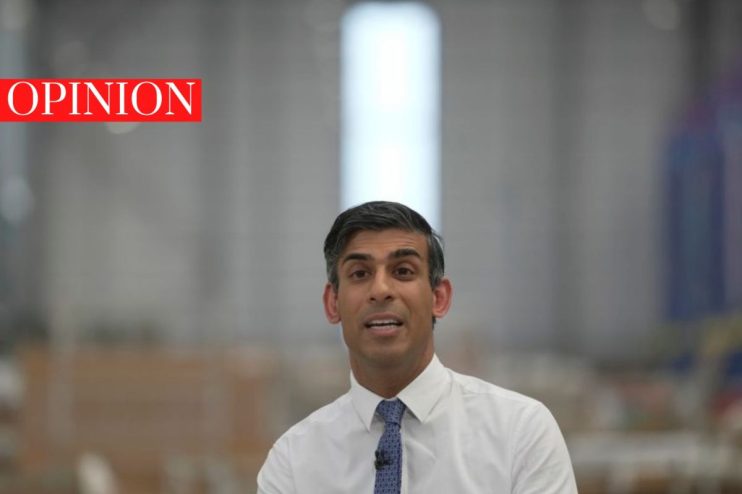We’re in for the biggest shake up in corporate criminal law this century

Draft UK legislation which could result in the biggest shake up in corporate criminal law in 100 years is to be welcomed and is being considered not a moment too soon.
Bribery aside, existing fraud laws are antiquated and unfair. It is easier to prosecute the small corporate owner of a corner shop than it is a larger company for the same misconduct.
For over a century the courts have wrestled with the concept of attributing criminal liability to companies. In broad terms the prosecution must prove a guilty mind and a criminal act. This is straightforward for individuals who have minds but companies are legal creations; they have no “mind” of their own.
To deal with this problem, the courts have evolved a test over the years that in order to prove the “guilty mind” of a company the “directing mind and will of the company” (typically the board of directors) must know about the criminal conduct. This is hard to prove and in a world of larger companies than existed 100 years ago in practice it is unlikely that the paper trail relating to corporate misconduct finds its way to the Board. This has resulted in few corporate prosecutions, and some very high-profile failures among the few prosecutions which have been tried.
Earlier this week, MPs in the House of Commons refused to extend a new offence – the failure to prevent fraud – to smaller firms, following an amendment from peers in the House of Lords. Even as they stand, these proposals are well overdue, and have been in the making since 2017.
Nearly everyone (excluding fraudsters) would agree that fraud is bad, the law should criminalise it and punish all those who transgress. The law should also be a proper deterrent to those who might otherwise consider it.
The present law does not achieve these aims.
The creation of a new failure to prevent fraud offence is proposed, subject to a defence of putting in place reasonable prevention procedures. This is a similar set up to the Bribery Act 2010 and the defence of Adequate Procedures.
Second, and arguably the most significant change, it is proposed to update the law around attribution of corporate liability so that a corporation can be held liable for the acts of a senior manager acting within the apparent scope of their authority. In other words, if a senior manager has committed an offence, the corporate would be liable to prosecution as well. This significantly enlarges the pool of people who can create criminal liability for companies. This would mean that it would be just as easy to prosecute a large company as a small company for the same misconduct.
One problem under the proposals is that the draft ‘failure to prevent fraud’ offence would only apply to corporates that have at least £36m in turnover, £18 million in assets and more than 250 employees.
Thegovernment’s idea is to reduce the burden on SMEs. However, smaller companies are already easier to prosecute under existing laws (it is easier to prove the directing mind knew). By carving small companies out of the failure to prevent fraud offence they are robbed of their defence of having put in place reasonable anti fraud procedures. This is unfair for smaller companies.
Nevertheless it will make it easier to prosecute larger companies and would be a profound and much needed change. The introduction of a new failure to prevent offence should apply to all and the corresponding defence of putting in place reasonable defence procedures should be available to all. Those procedures should be proportionate. Scaremongers who claim this will impose more red tape should be ignored. It makes sense for all companies big or small to have proportionate and appropriate anti-fraud systems.
The rules around attribution of liability need urgent updating and the proposal presently on the table seeks to address the present unfairness.
Fraud makes victims of many, dents the UK’s international reputation as a safe place to do business and costs us all at the end of the day whether as victims or through higher prices resulting from others who have been defrauded thus passing their costs on.